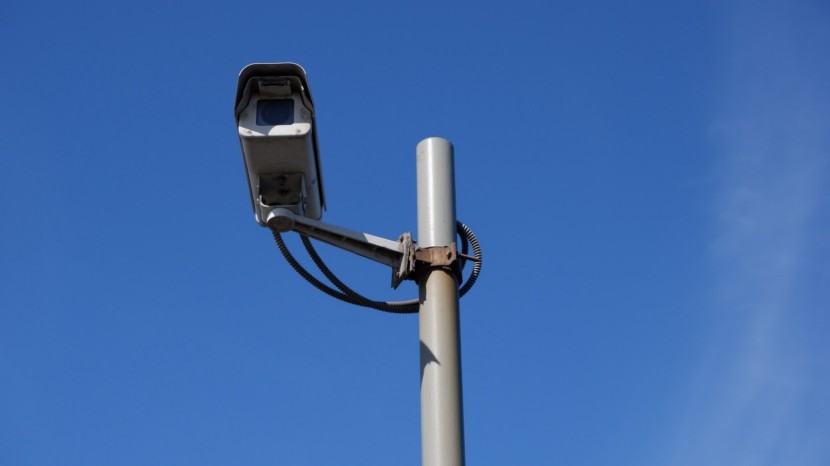Over the course of two years, artificial intelligence (AI) scanned 1.6 billion New York license plates. The system was able to zero in on a specific vehicle traveling along a known drug-trafficking route, which was behaving in a suspicious manner.
Traffic Check That Turns Into Drug Trafficking Prosecution

Federal court documents reviewed by Fox News show that Massachusetts drug dealer David Zayas' car made nine trips to New York City and the surrounding suburbs in Westchester County. The trips were monitored by hundreds of license plate readers (LPRs).
On March 10, 2022, police in Westchester County stopped Zayas for a variety of traffic violations, including failing to signal while changing lanes and traveling 15 mph above the speed limit.
Zayas' attorney seemed to reveal and challenge the legality of the AI-powered monitoring software used by the police "without judicial oversight" after the routine traffic check turned into a federal narcotics trafficking prosecution.
According to documents filed in federal court, Zayas traveled the same route from Massachusetts to New York every month between August 2020 and March 2022. When police searched his vehicle, they found 112 grams of crack cocaine, a semiautomatic weapon, and $34,000 in cash.
Legal Issues With Police AI Surveillance
Ben Gold, Zayas' attorney, filed a petition to conceal evidence that indicated the county police used an AI-powered analysis program called Rekor Scout.
On its website, Rekor Scout provides demonstration films and explanations of how the AI-driven LPR (license plate readers) and vehicle identification improves public safety.
The employment of LPRs or AI by law enforcement was not mentioned in the initial criminal complaint or indictment. Gold made a request for public documents and discovered this.
In a petition to suppress evidence filed in March, Gold said that he learned that the Westchester County Police Department's Real Time Crime Center operates one of the largest automatic LPR or automatic number-plate recognition databases in the country.
ALPR systems use high-speed cameras and analytical imaging software to record license plate numbers, pictures, timestamps, and GPS coordinates of all passing vehicles.
Approximately 16.2 million cars each week are scanned and recorded by the monitoring program. Gold claimed in the court filing that the data was stored for two years.
"During this two-year time period, the Government - as was done in this case - can learn, without a warrant, the precise location histories of virtually anyone traveling on major roads in Westchester County," he said in a court filing. "The breadth of this LPR system is spectacular and amounts to a warrantless search."
Gold contended that the advanced technology, the ease with which they may be scanned using AI, and the two-year storage period all amounted to a violation of privacy. He argued that AI-powered surveillance networks may trace individuals' past whereabouts with a single query.
Last month, Zayas formally entered a guilty plea and is now awaiting punishment.








